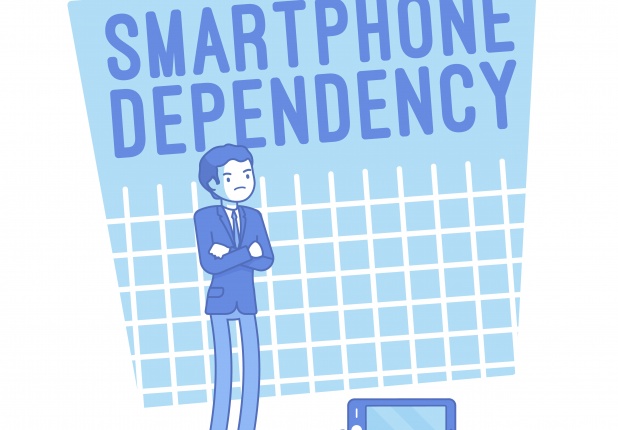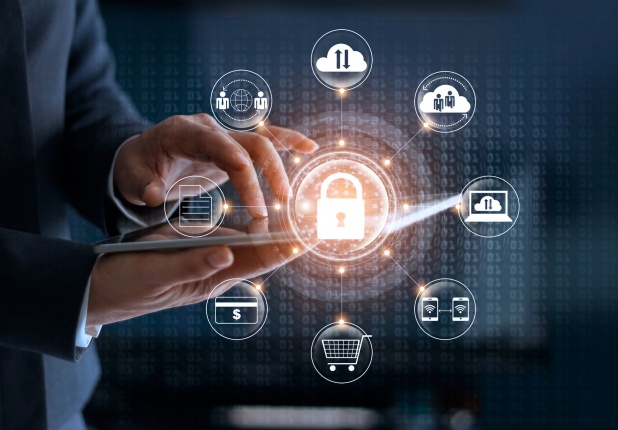Technology Assisted Review: Or, How I Stopped Worrying and Learned to Love a Computer Program (PART ONE)
Recently, I began work on a complex litigation case that had millions of documents to review with many moving parts and quick deadlines that made completing assignments daunting, to say the least. We determined that simply running targeted searches to find this evidence was not the best approach, in part because the issues were broadly defined and had multiple subparts, and in part because of the sheer number of documents in the database (over 2.5 million records). As an alternative, we decided to utilize technology assisted review or “TAR” (also known in the industry as predictive coding). What follows is my impression of the tool.






